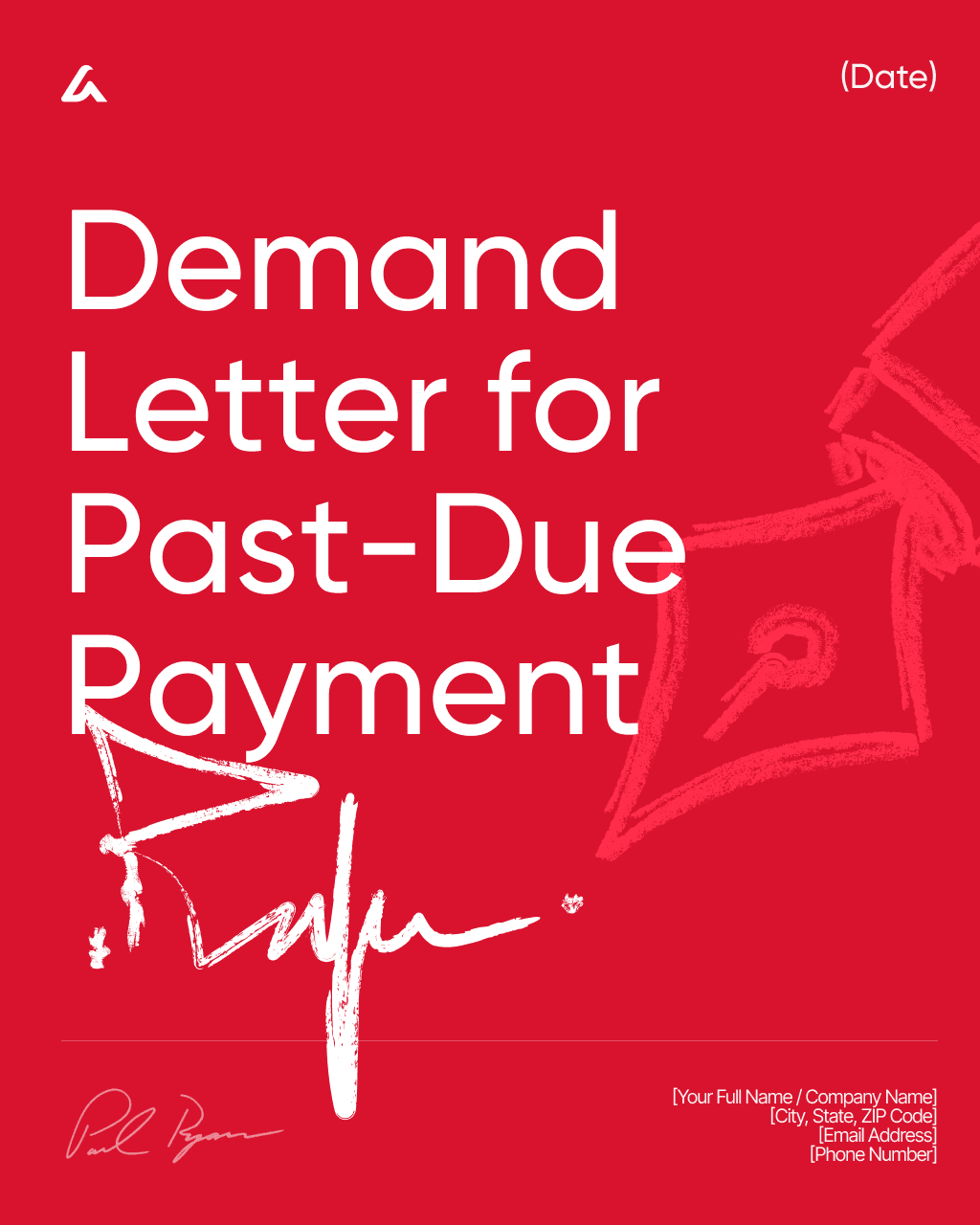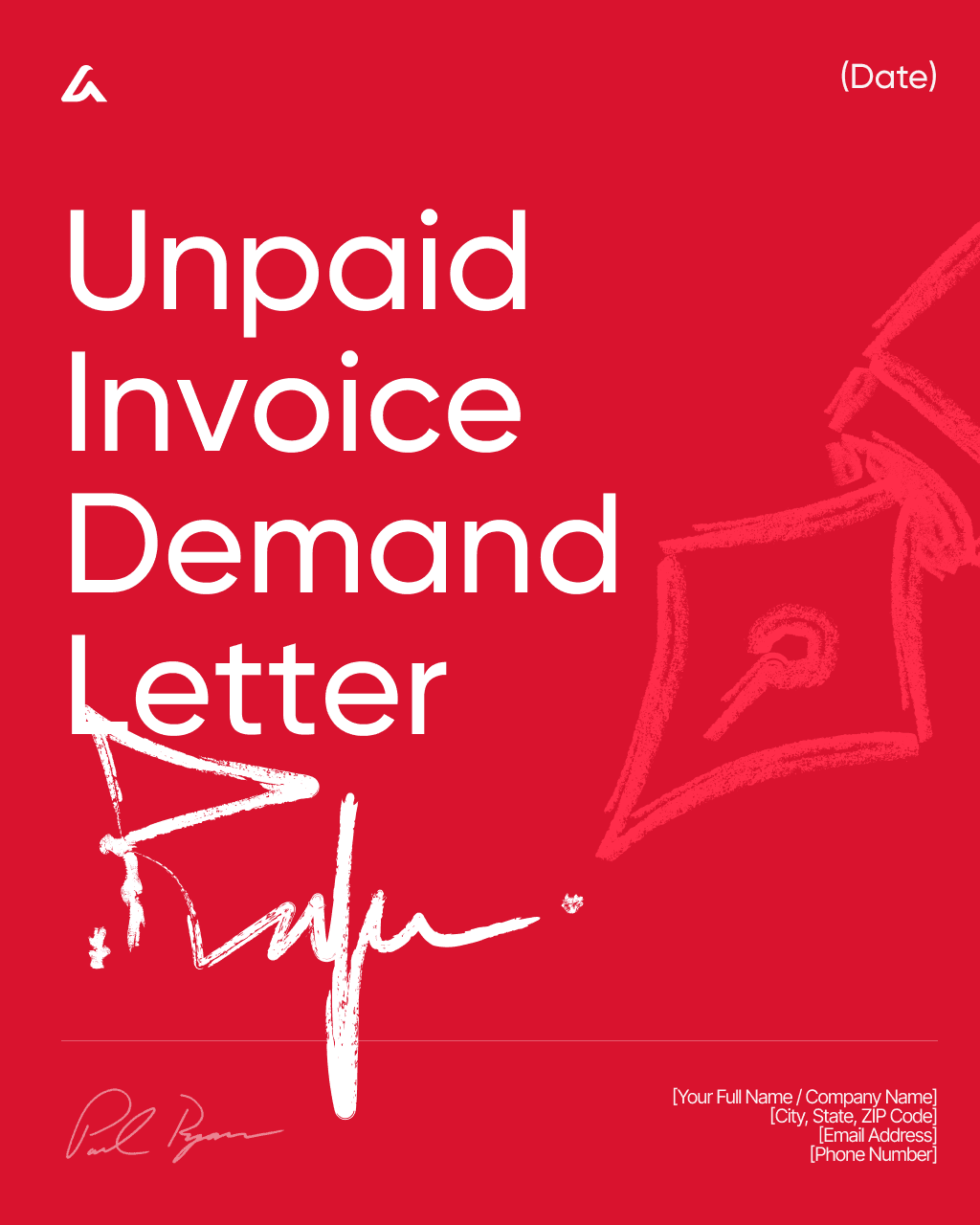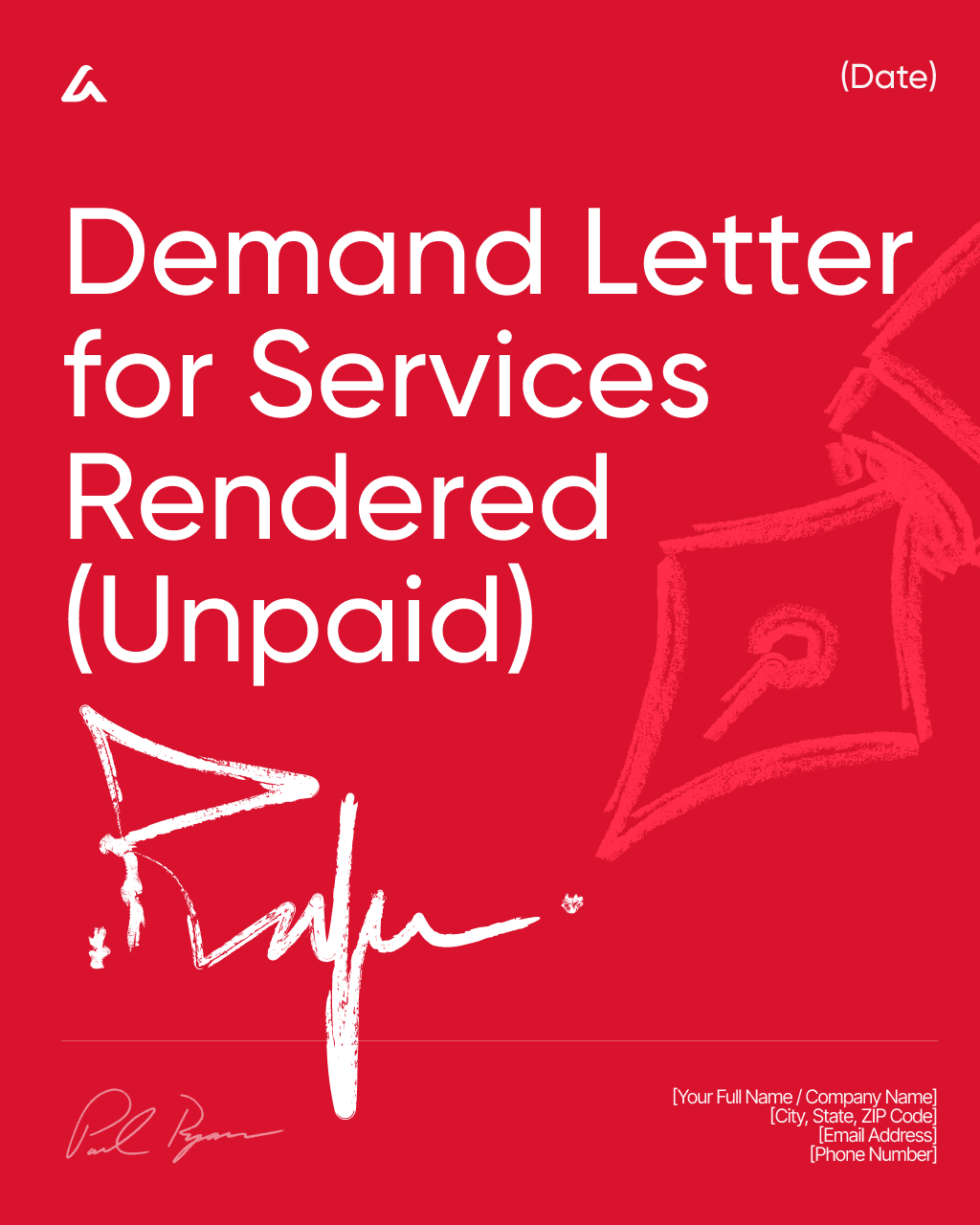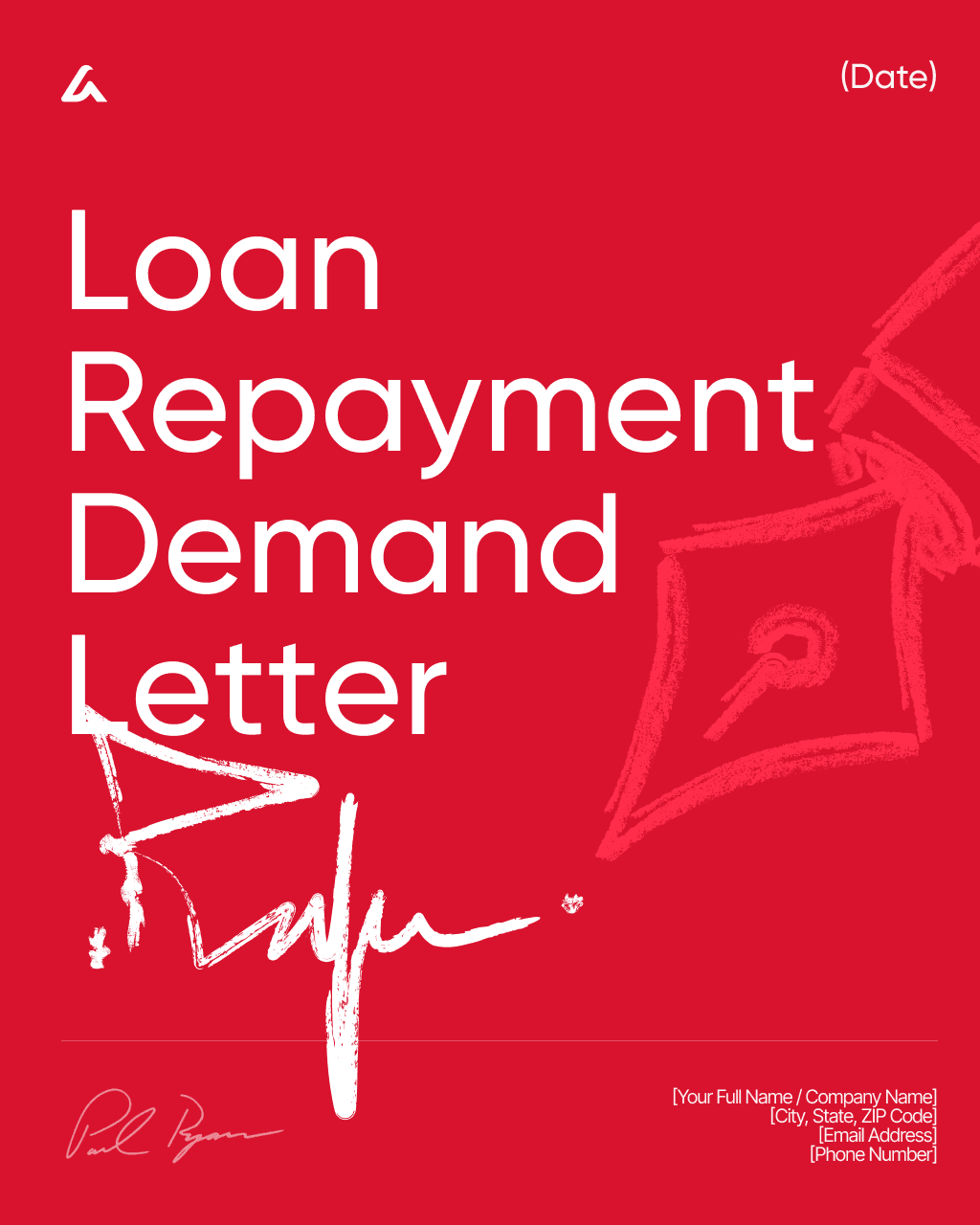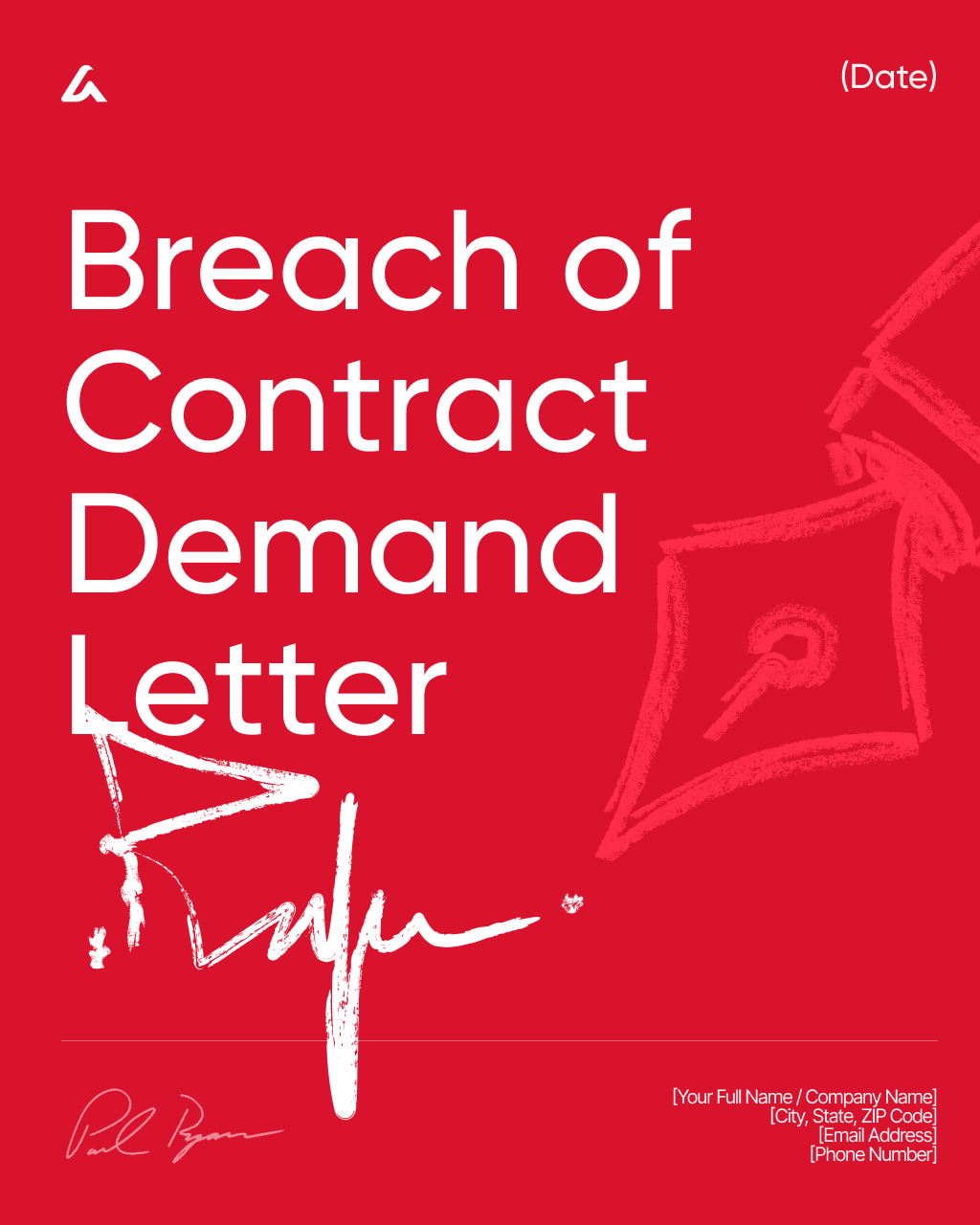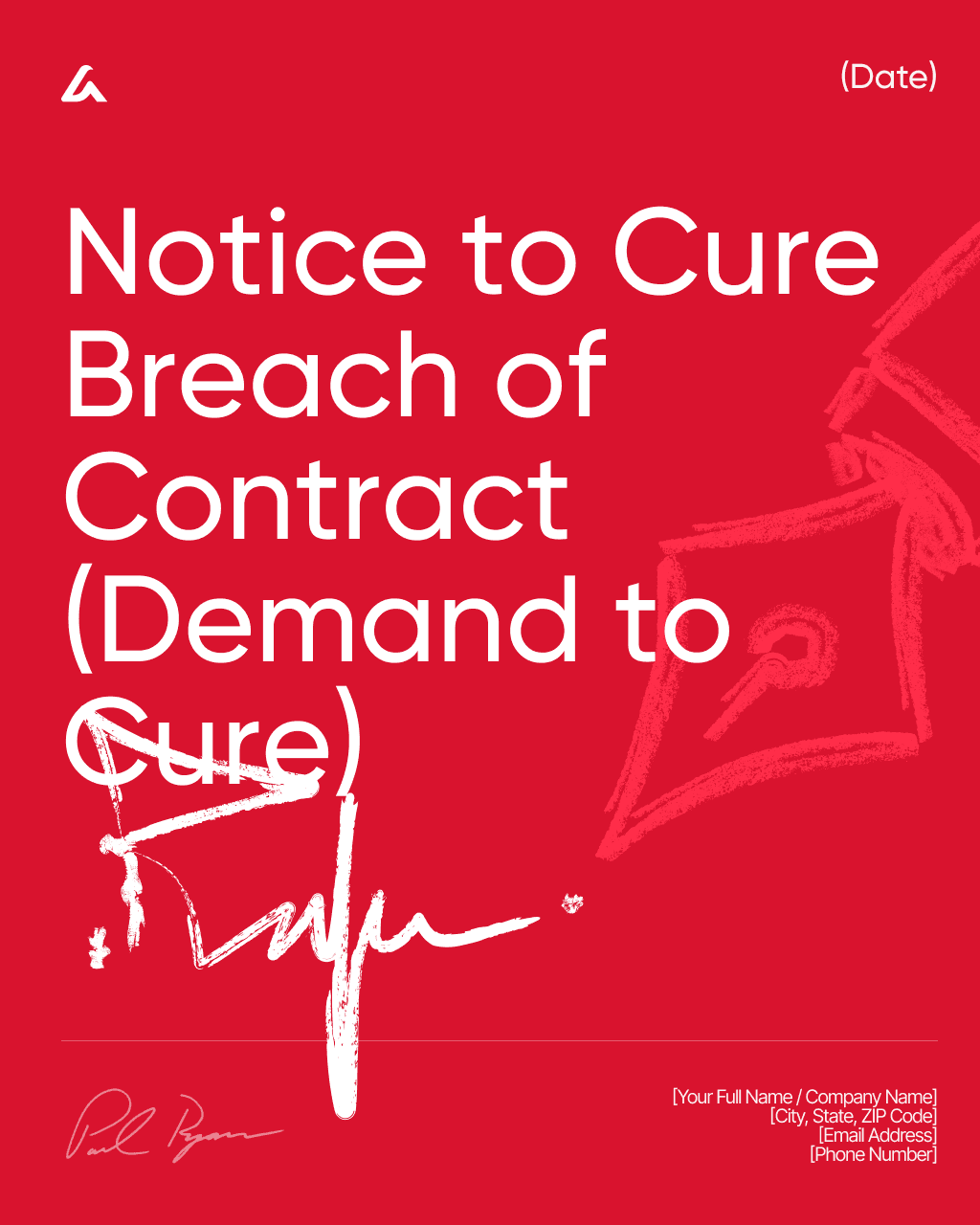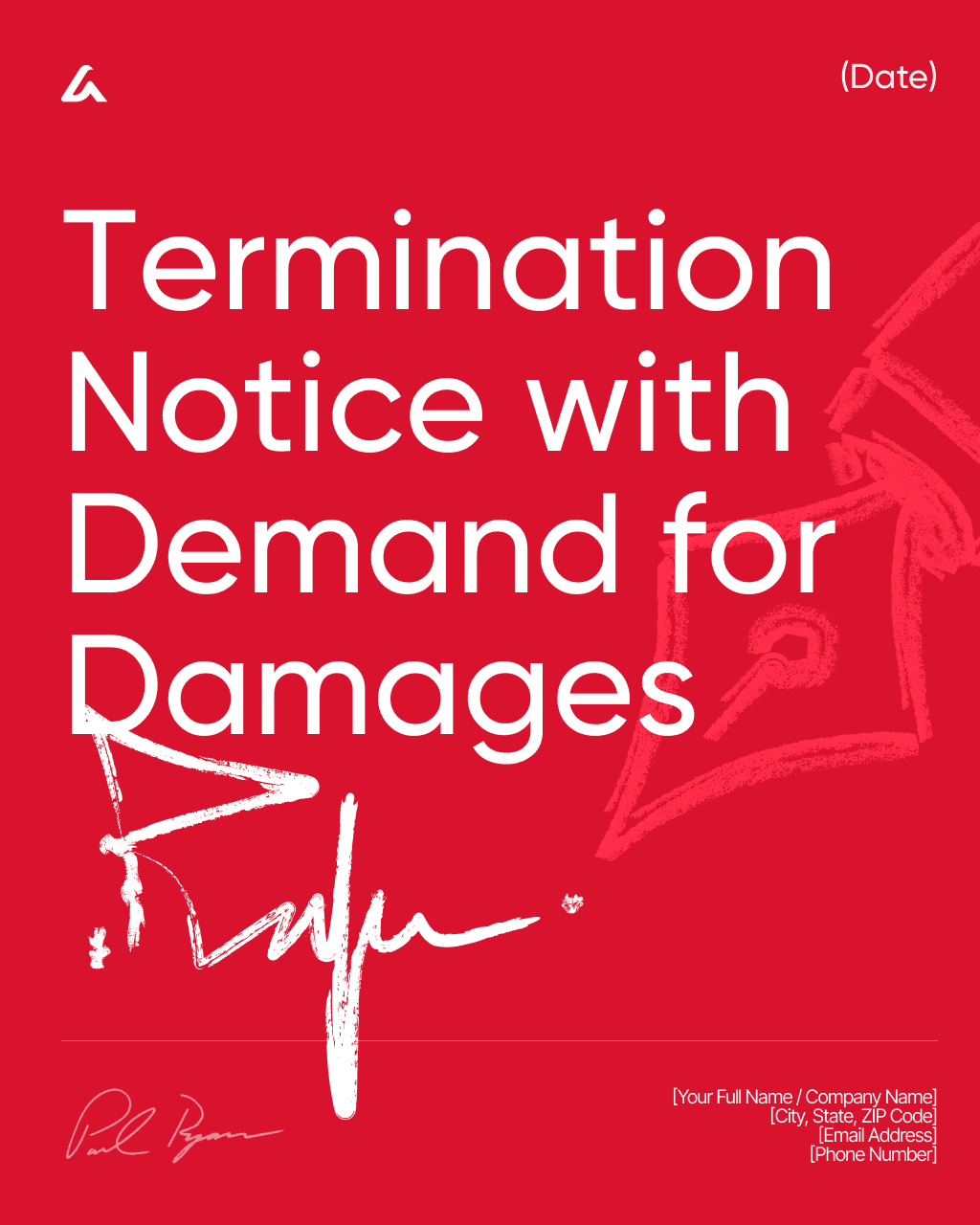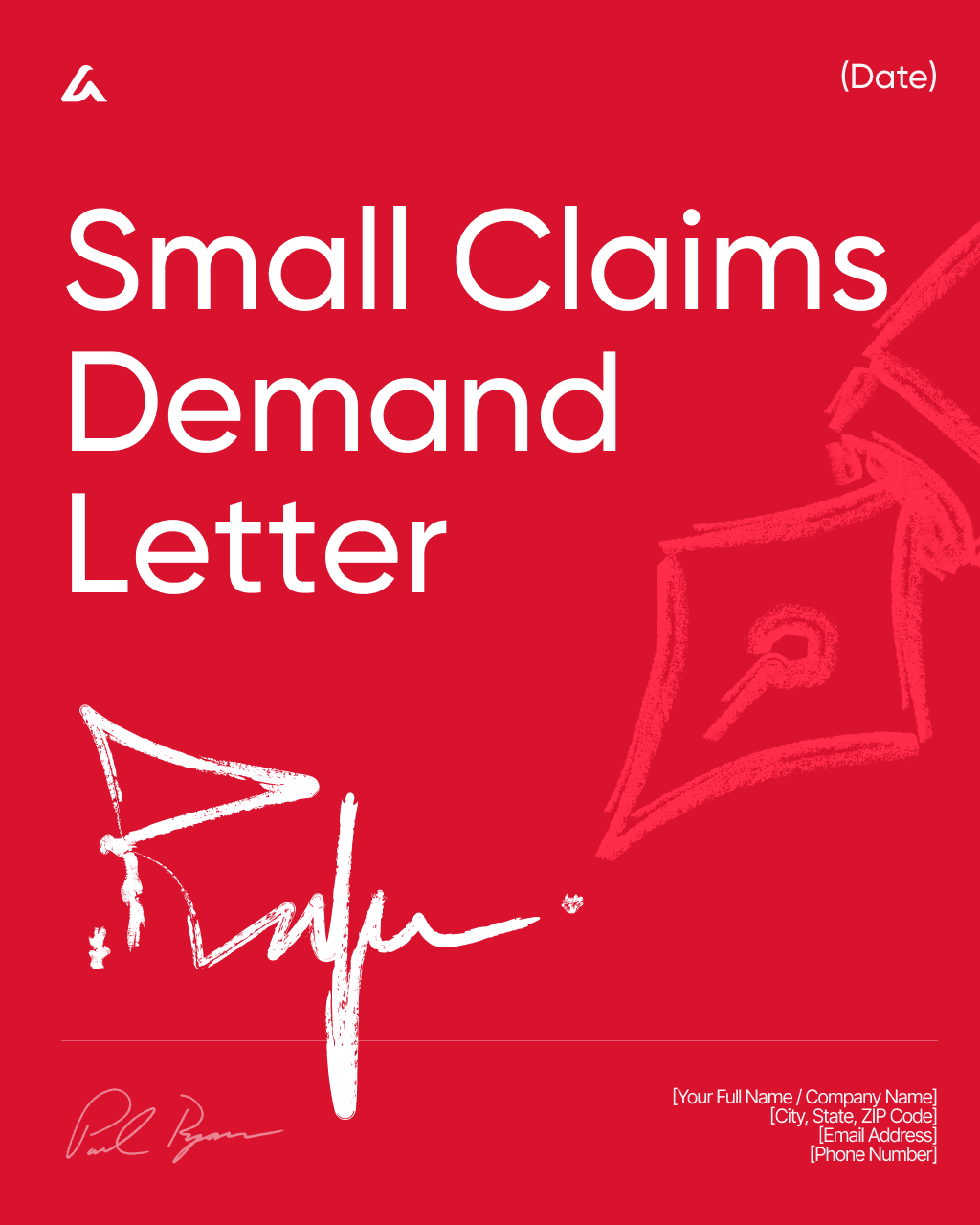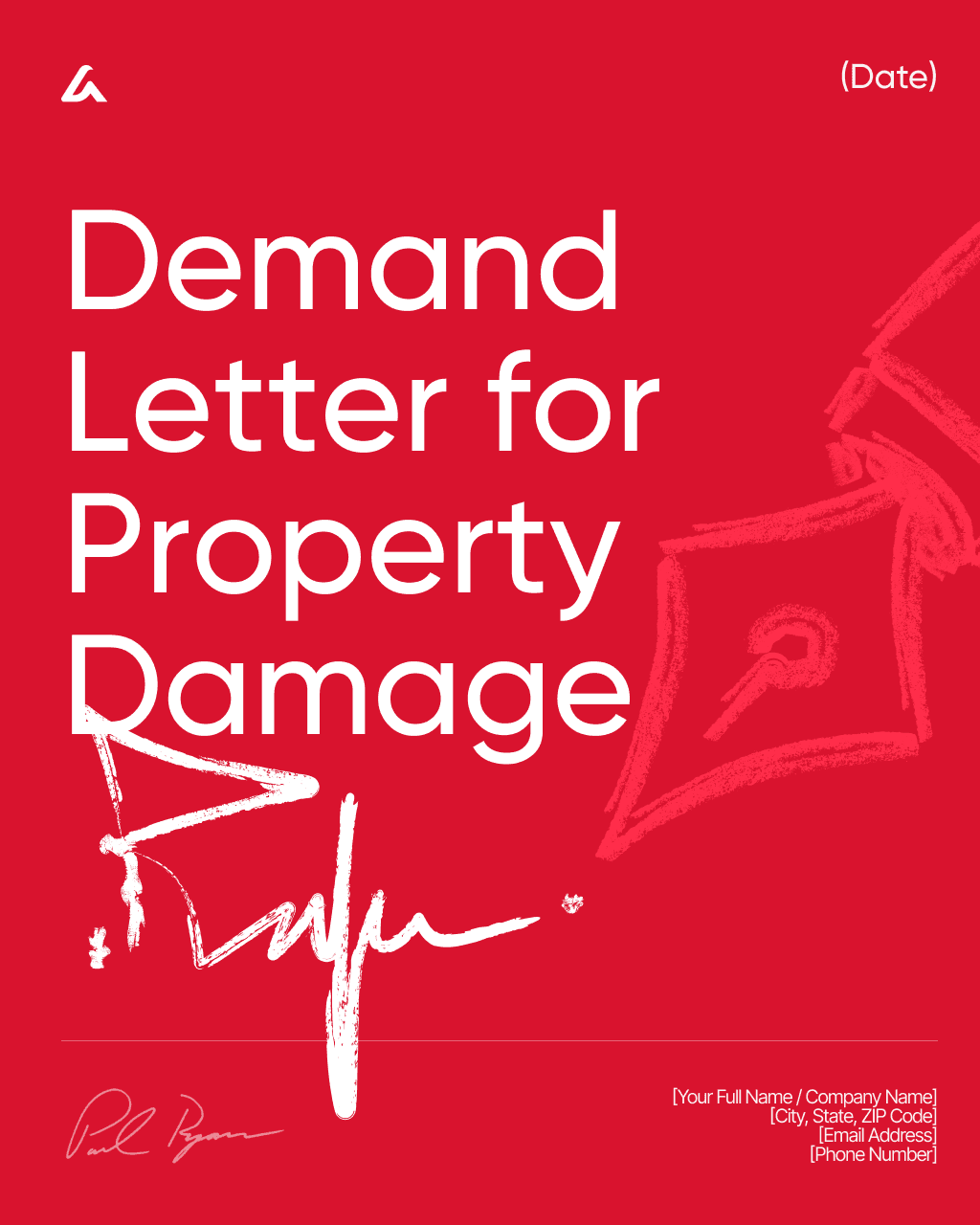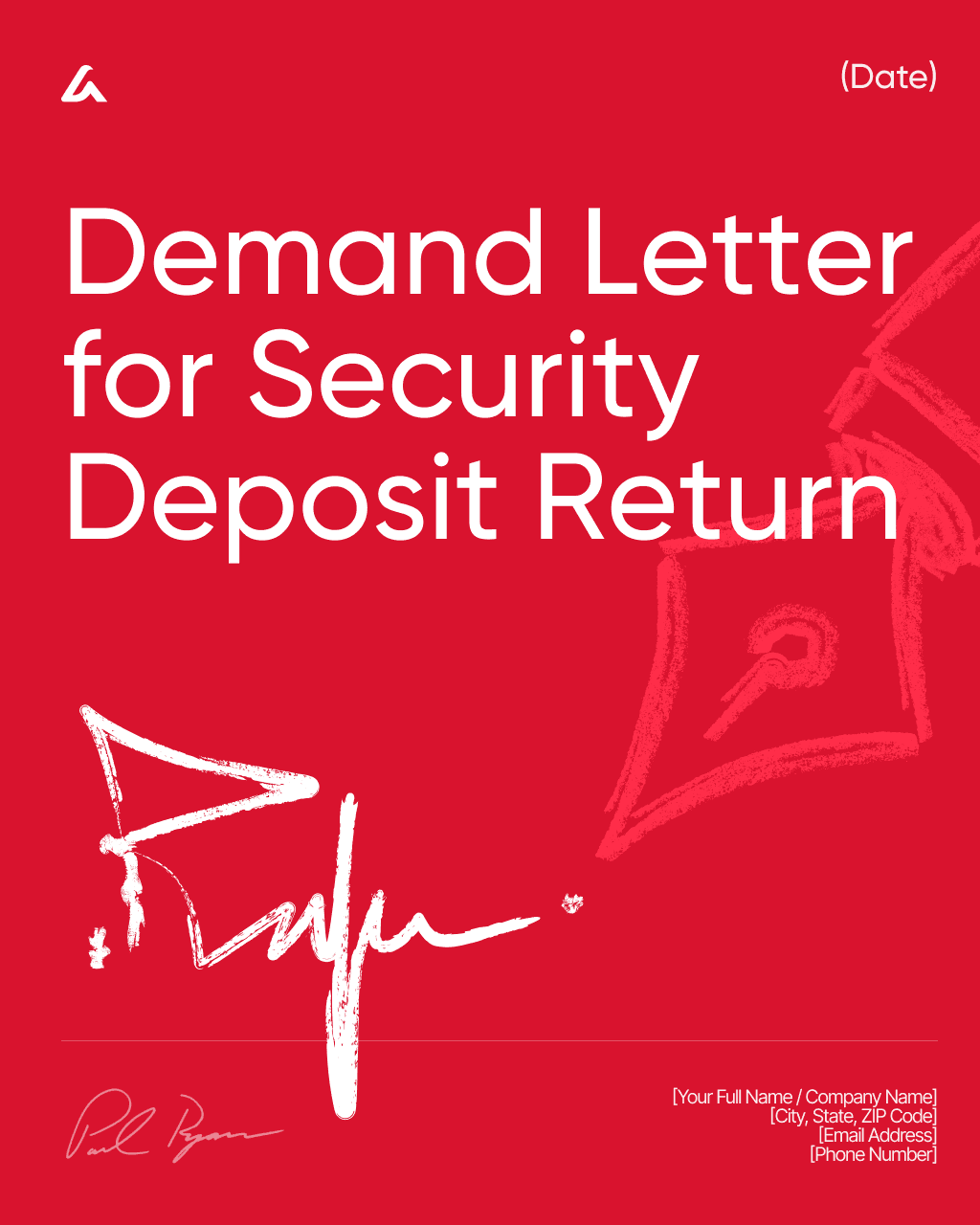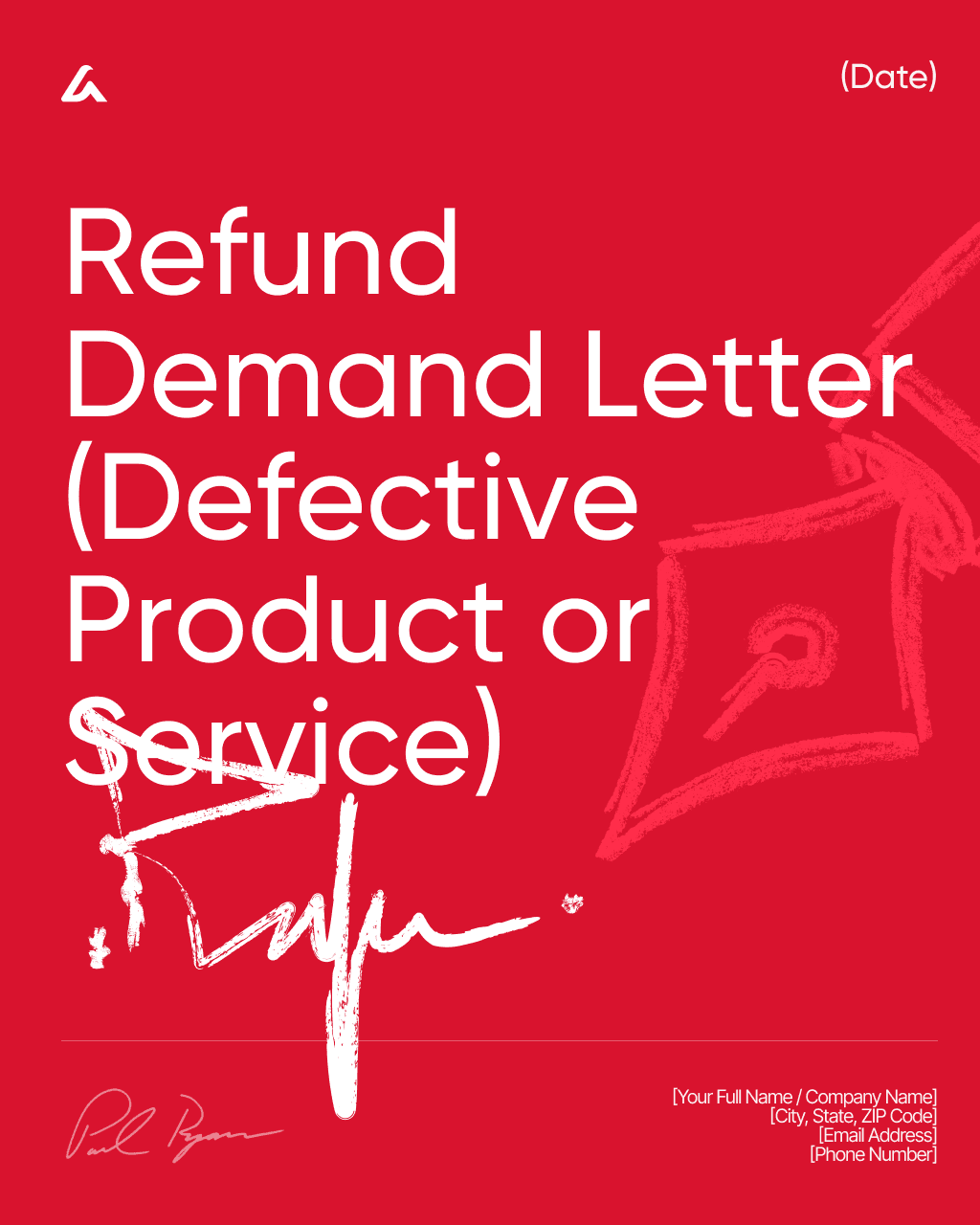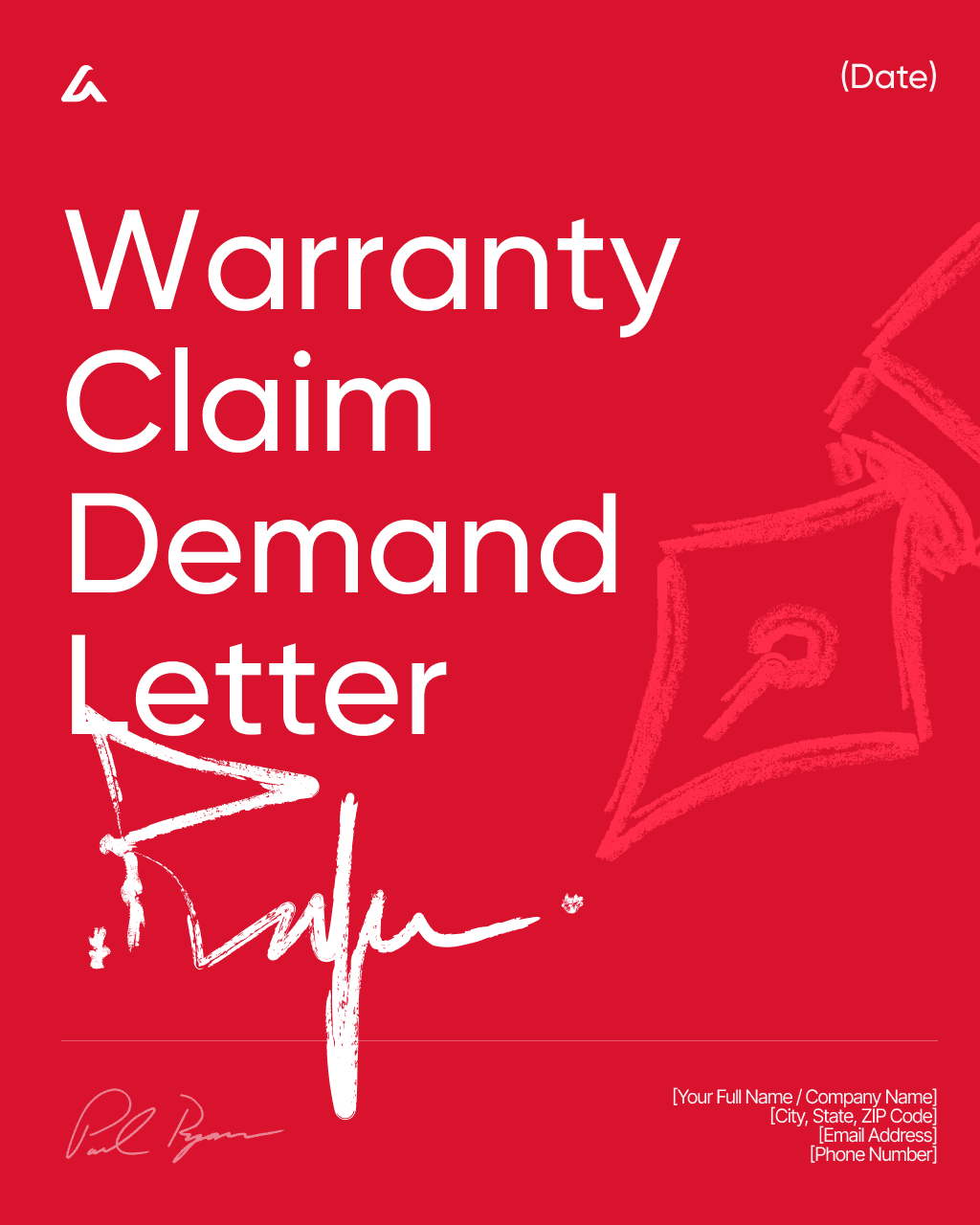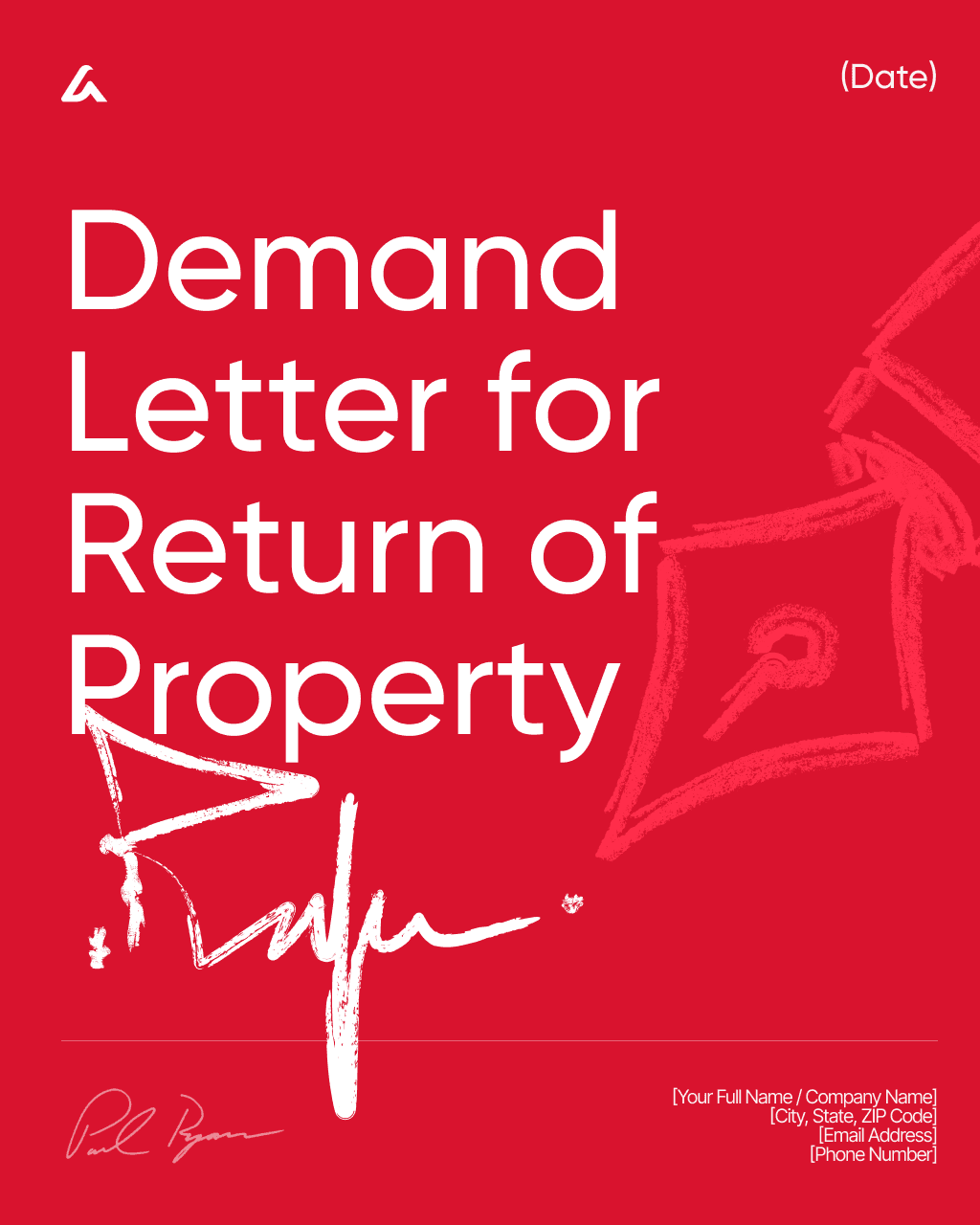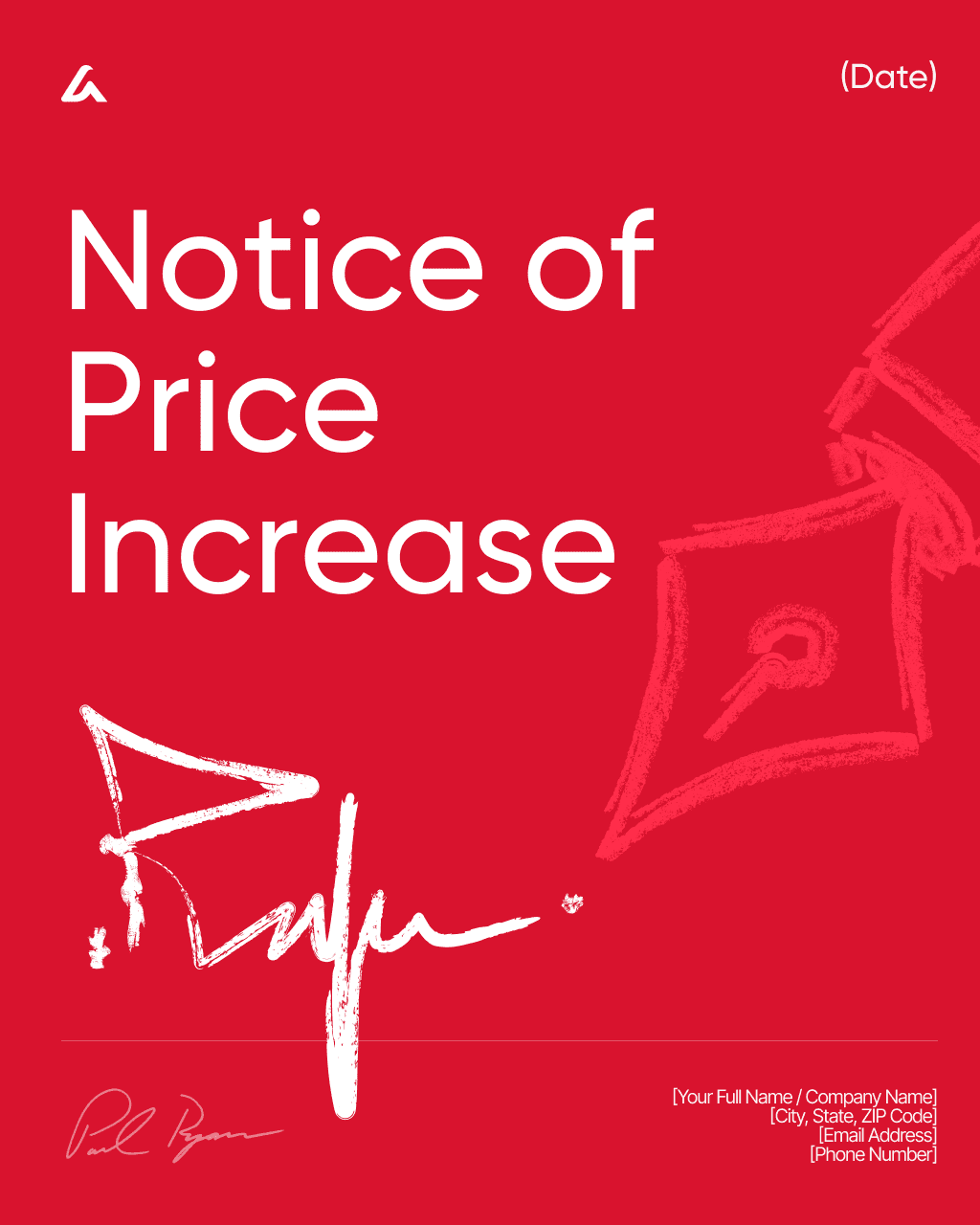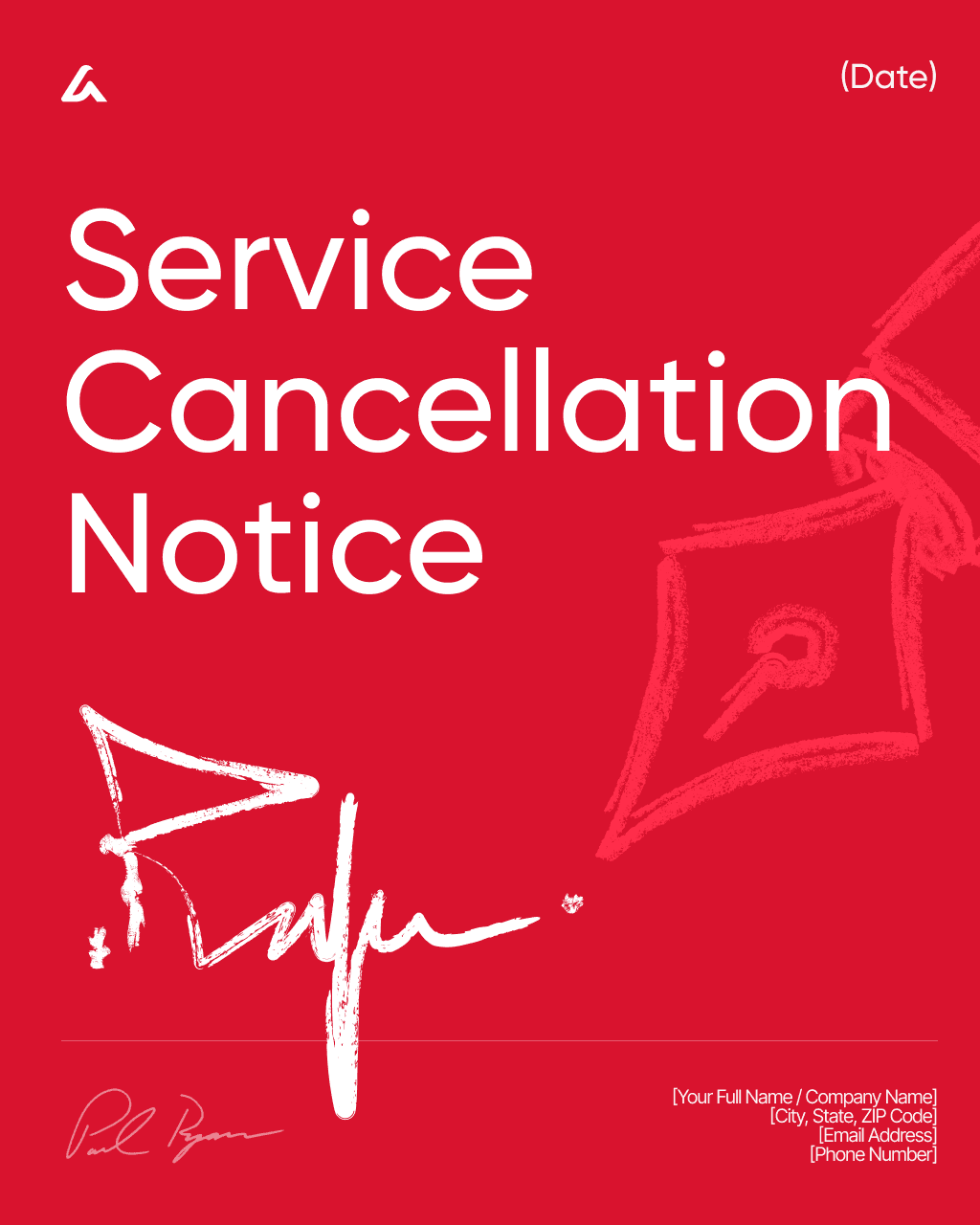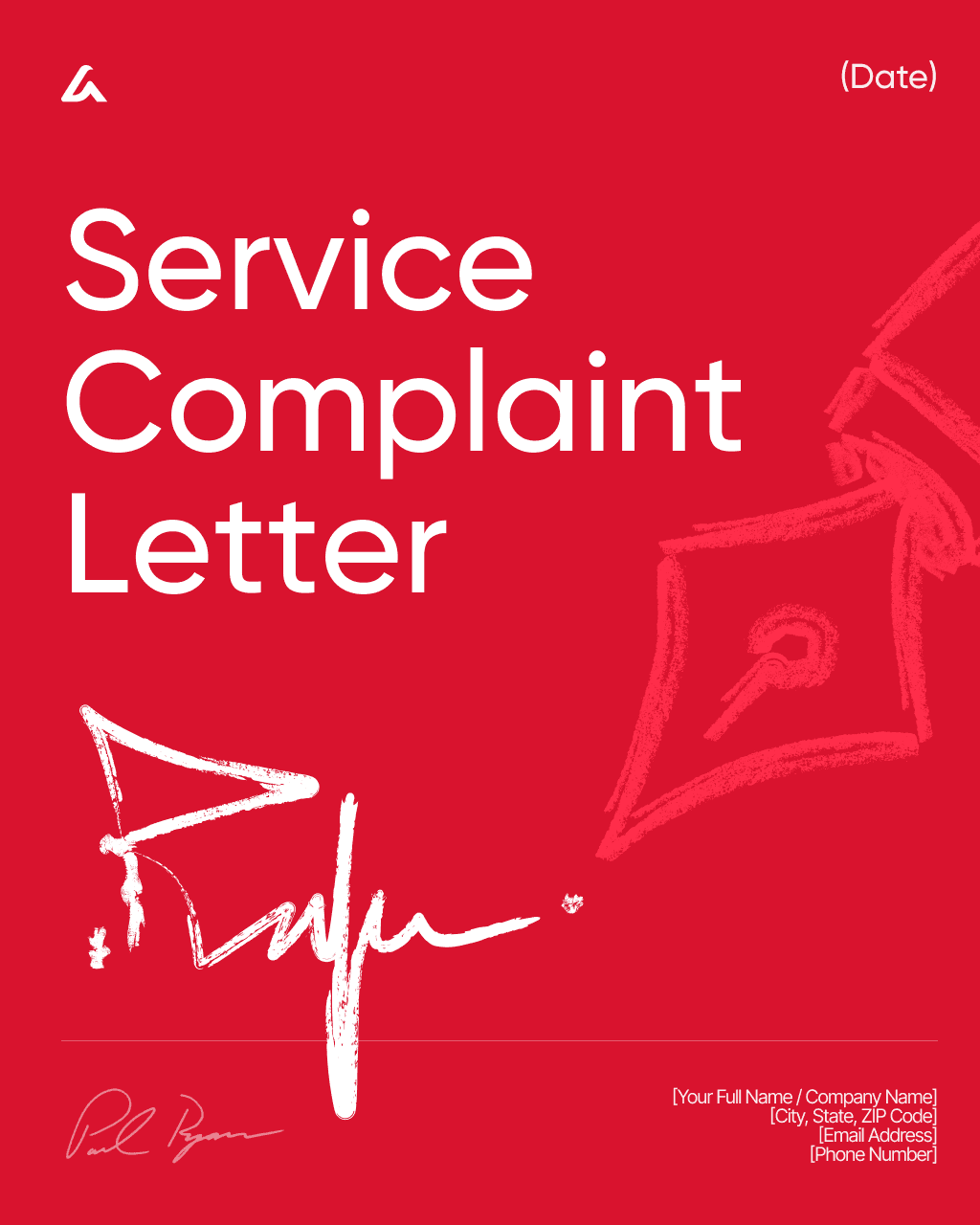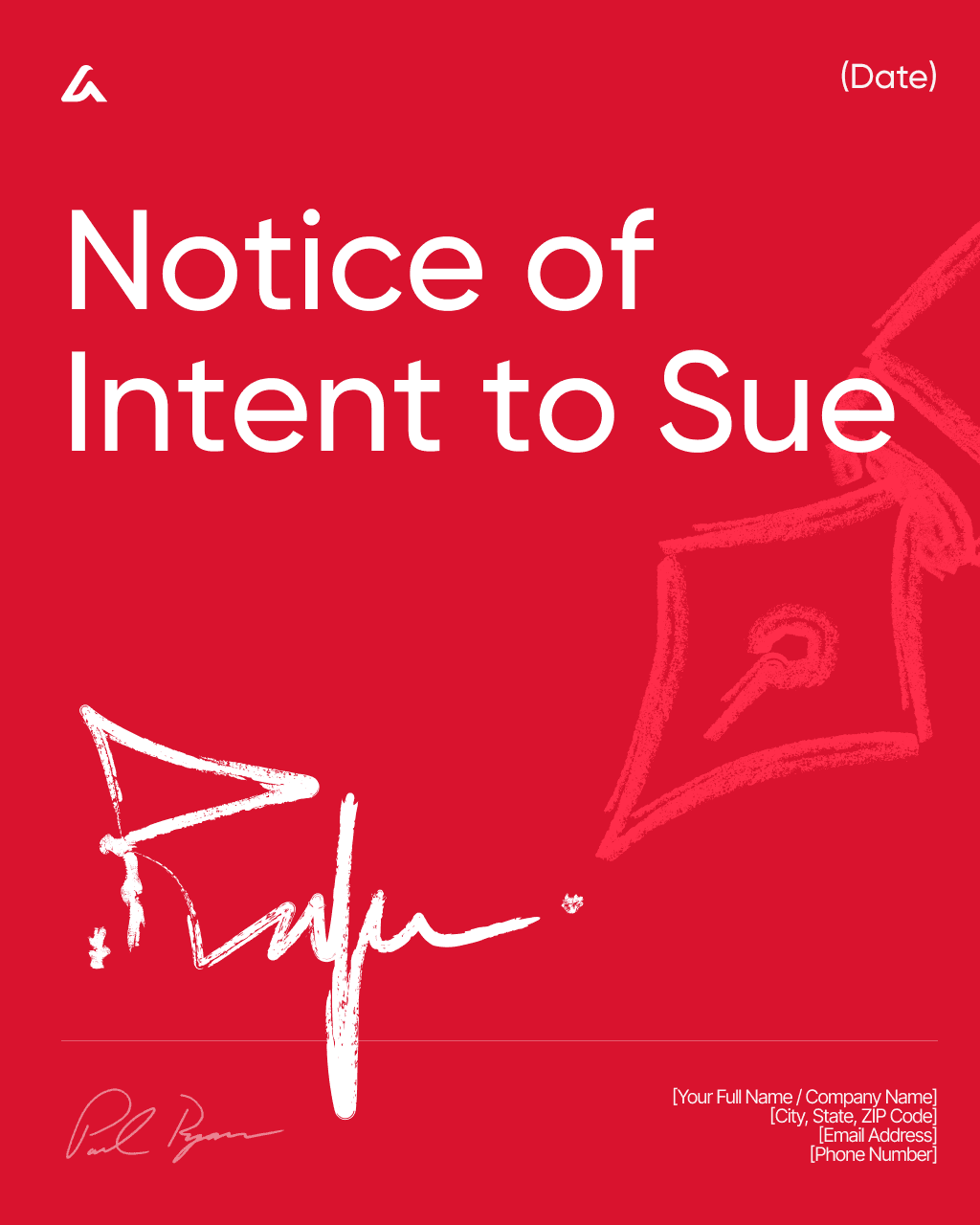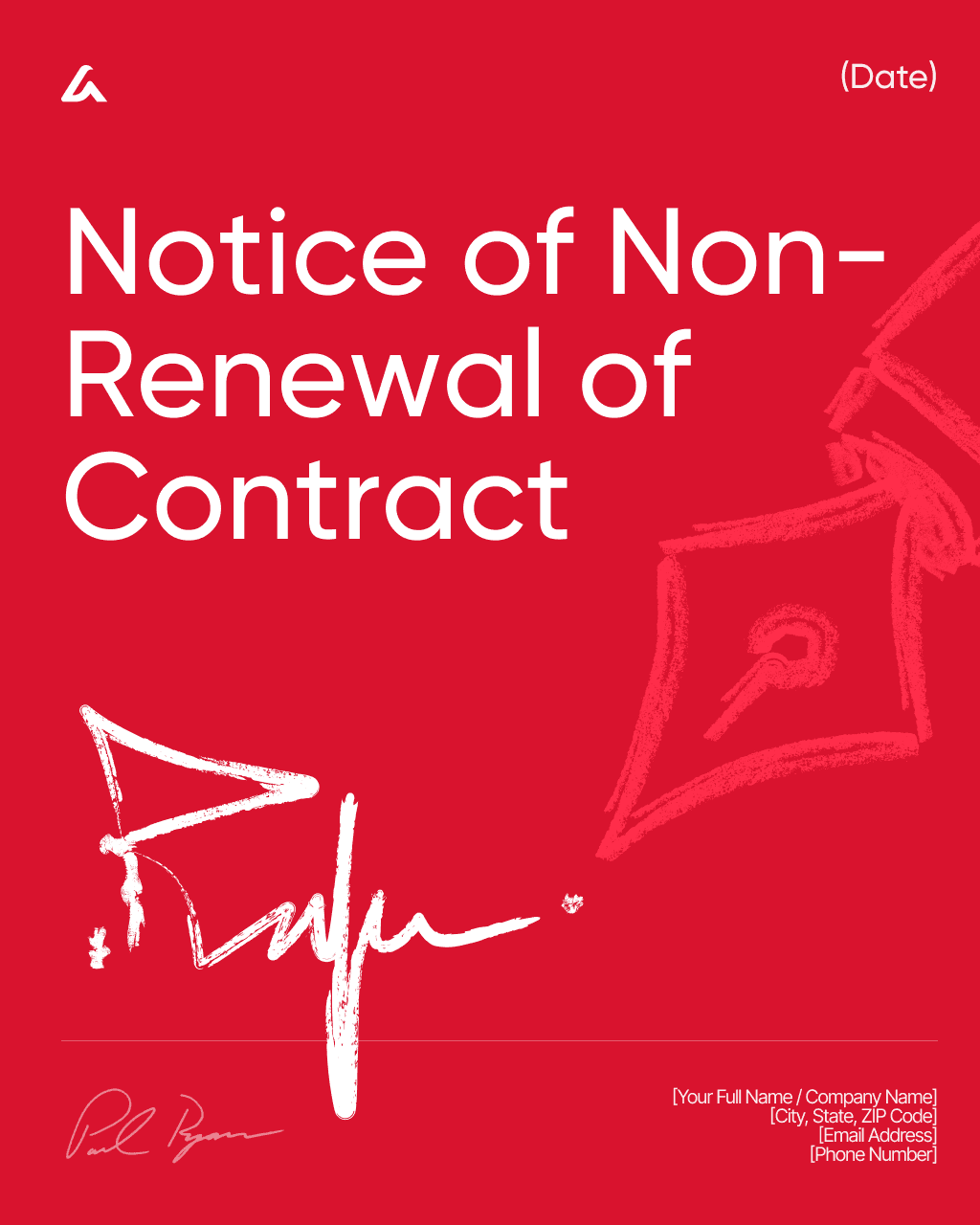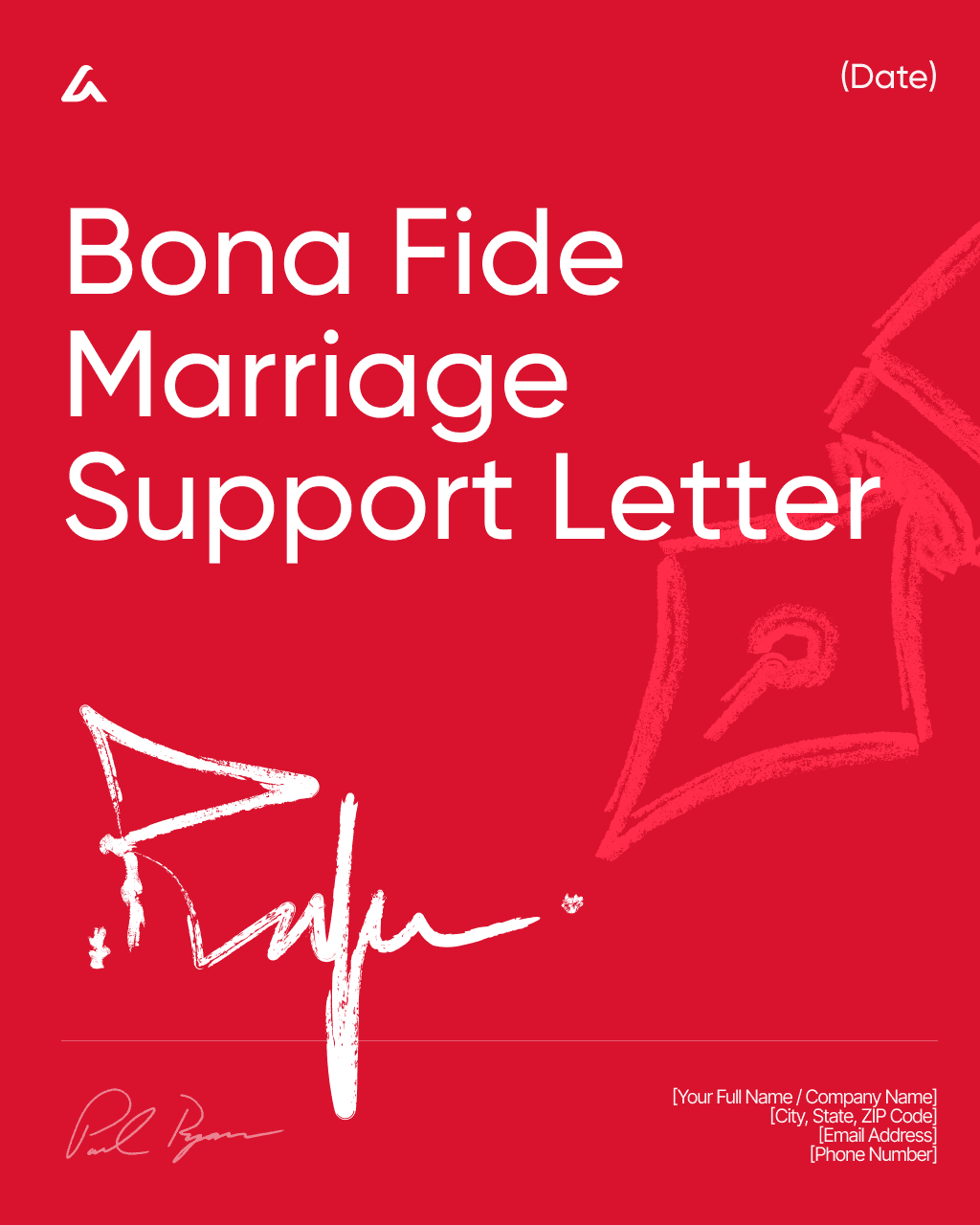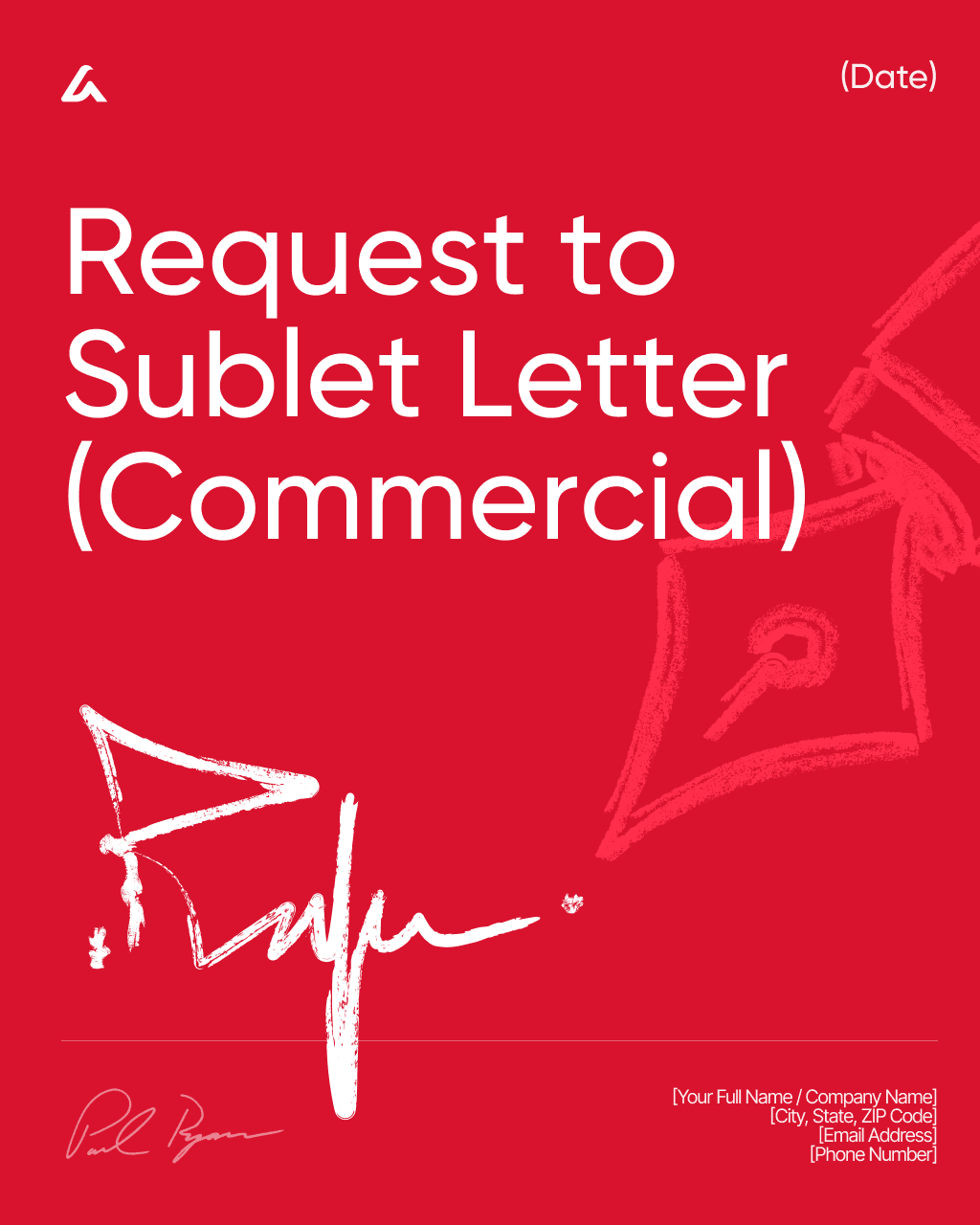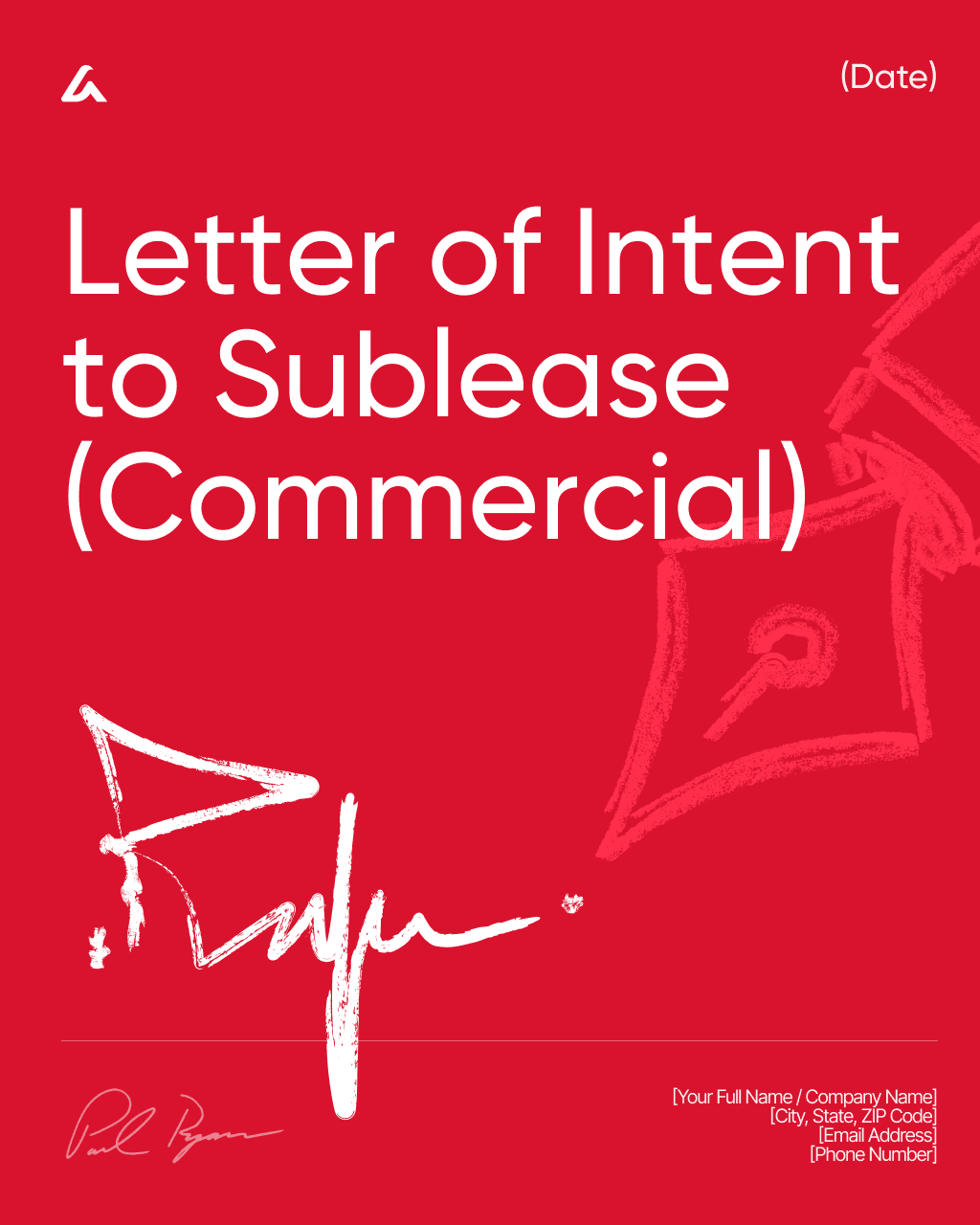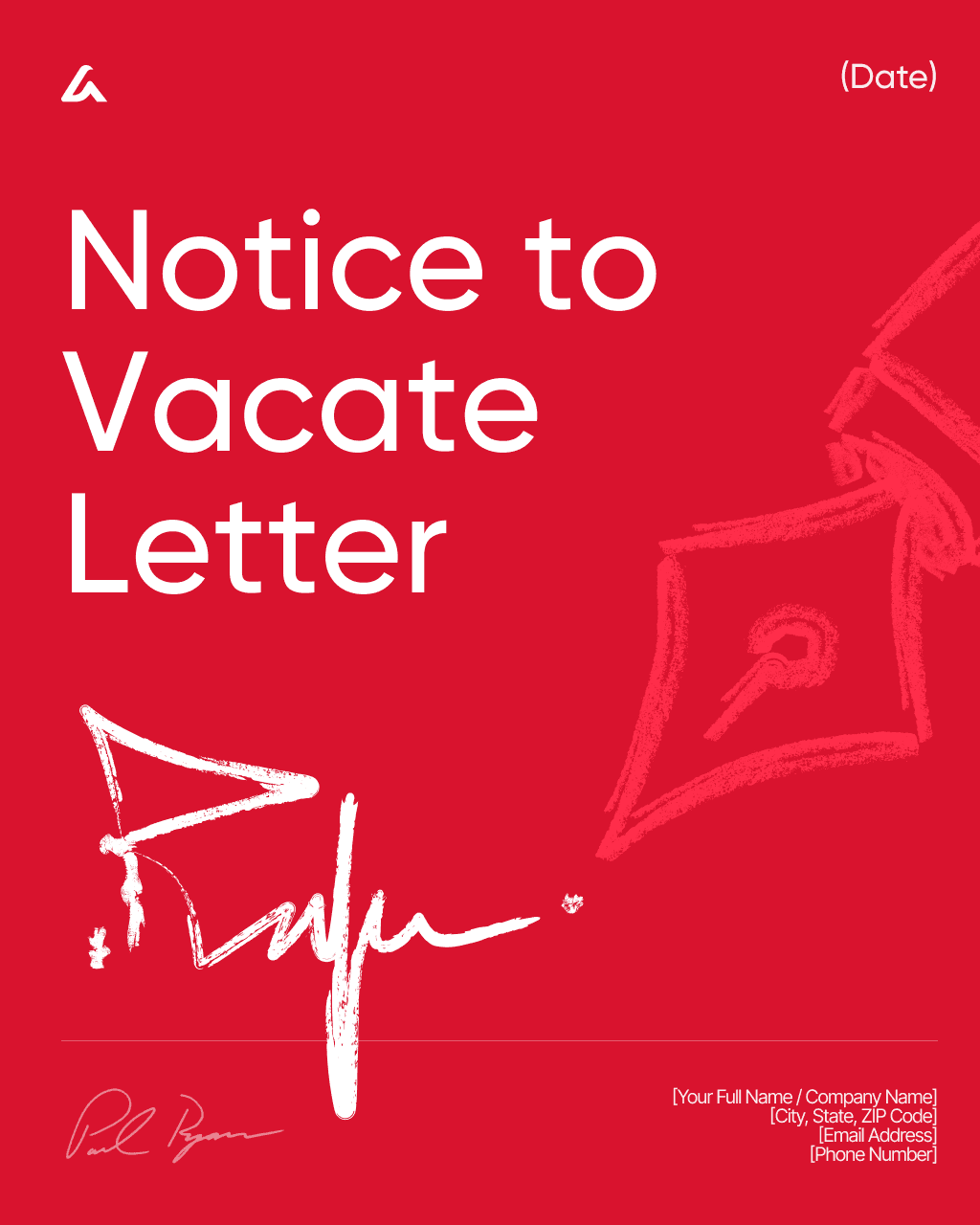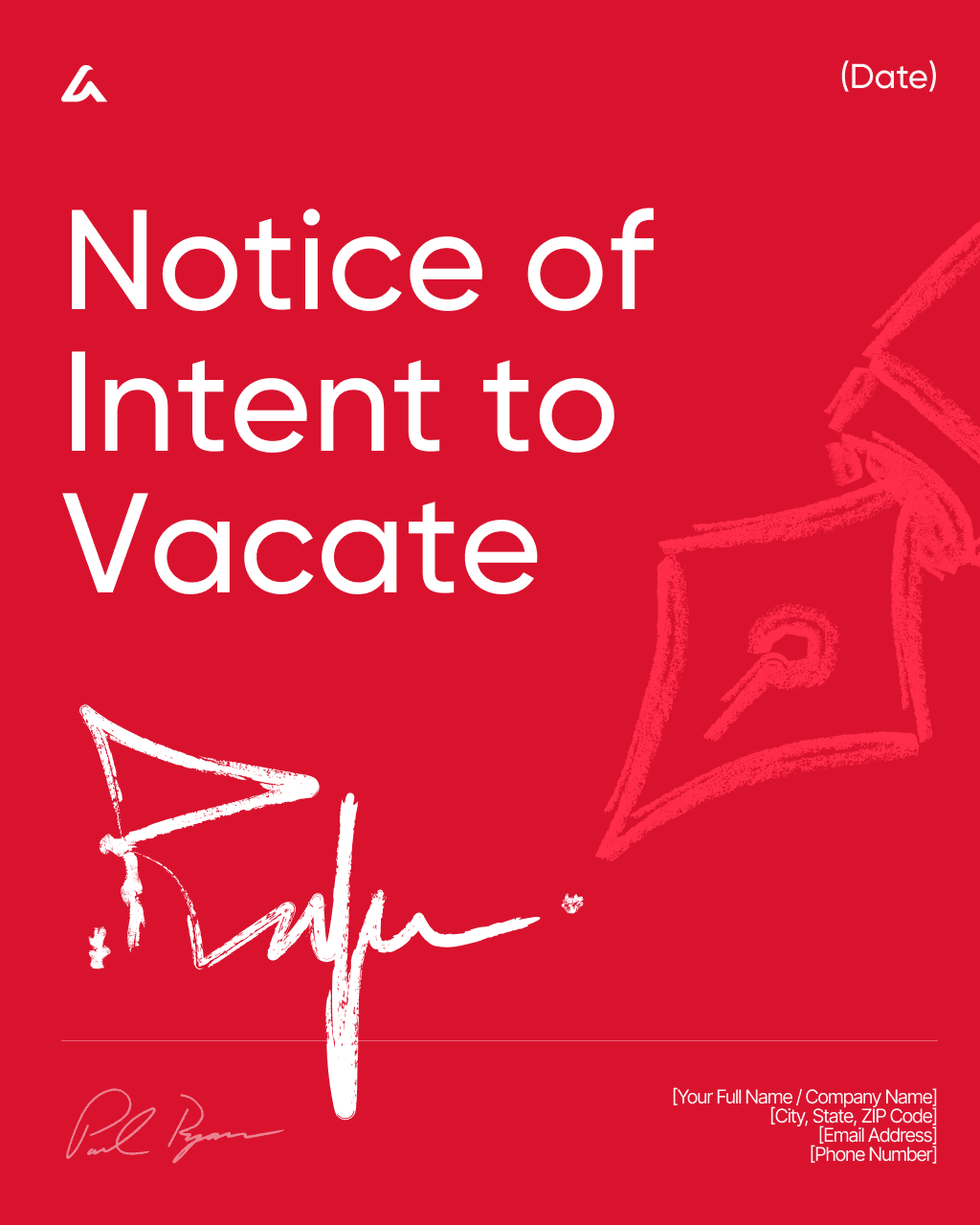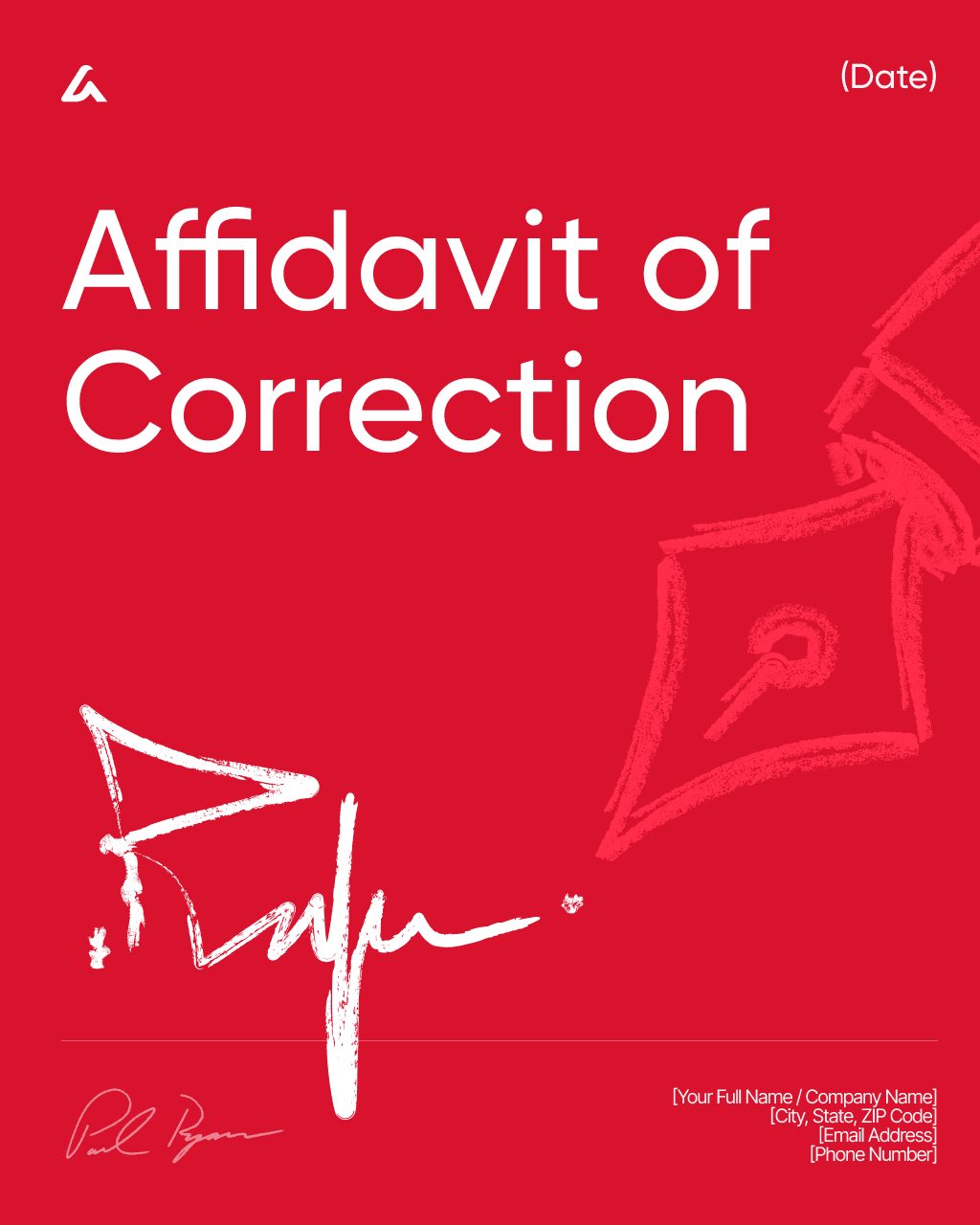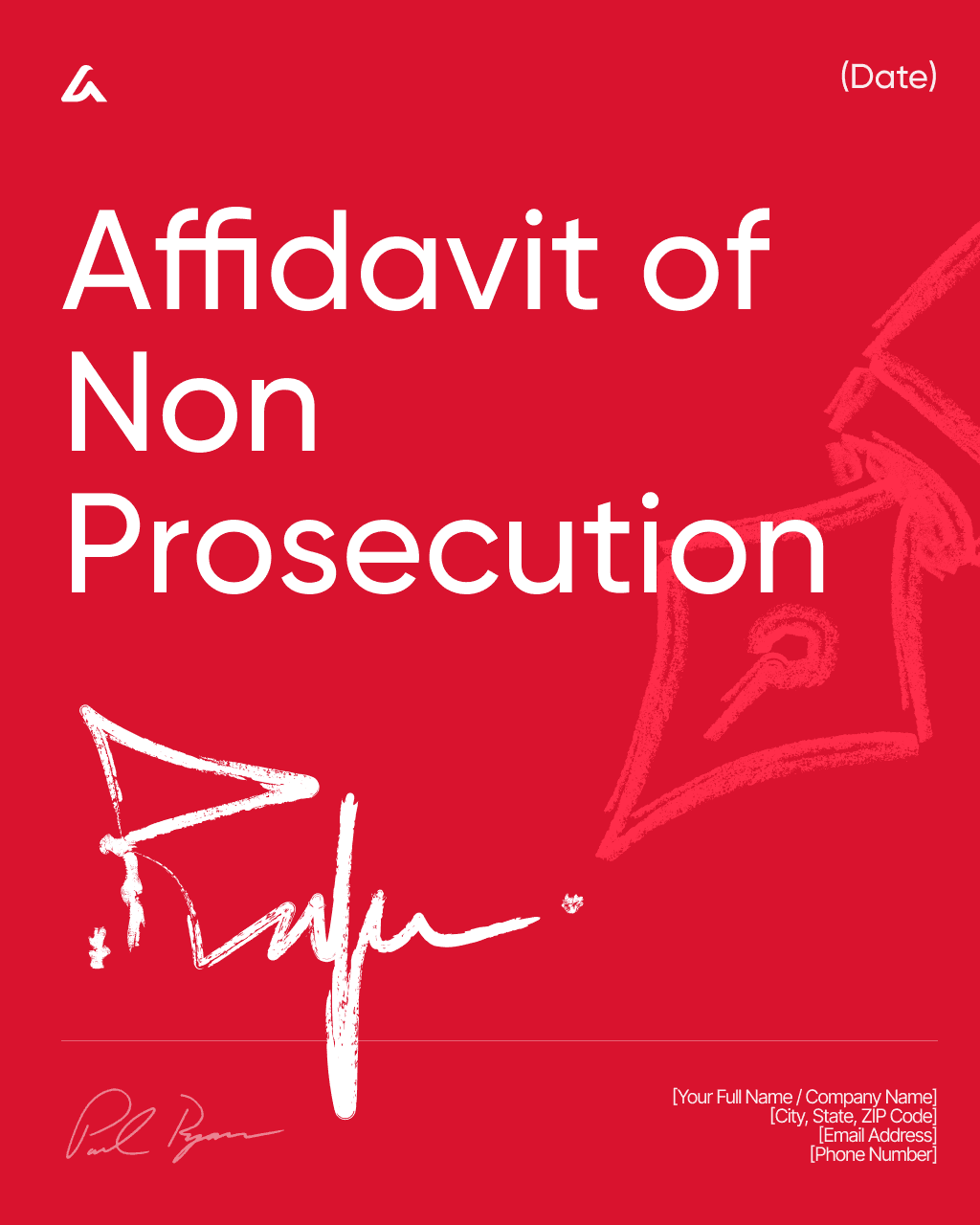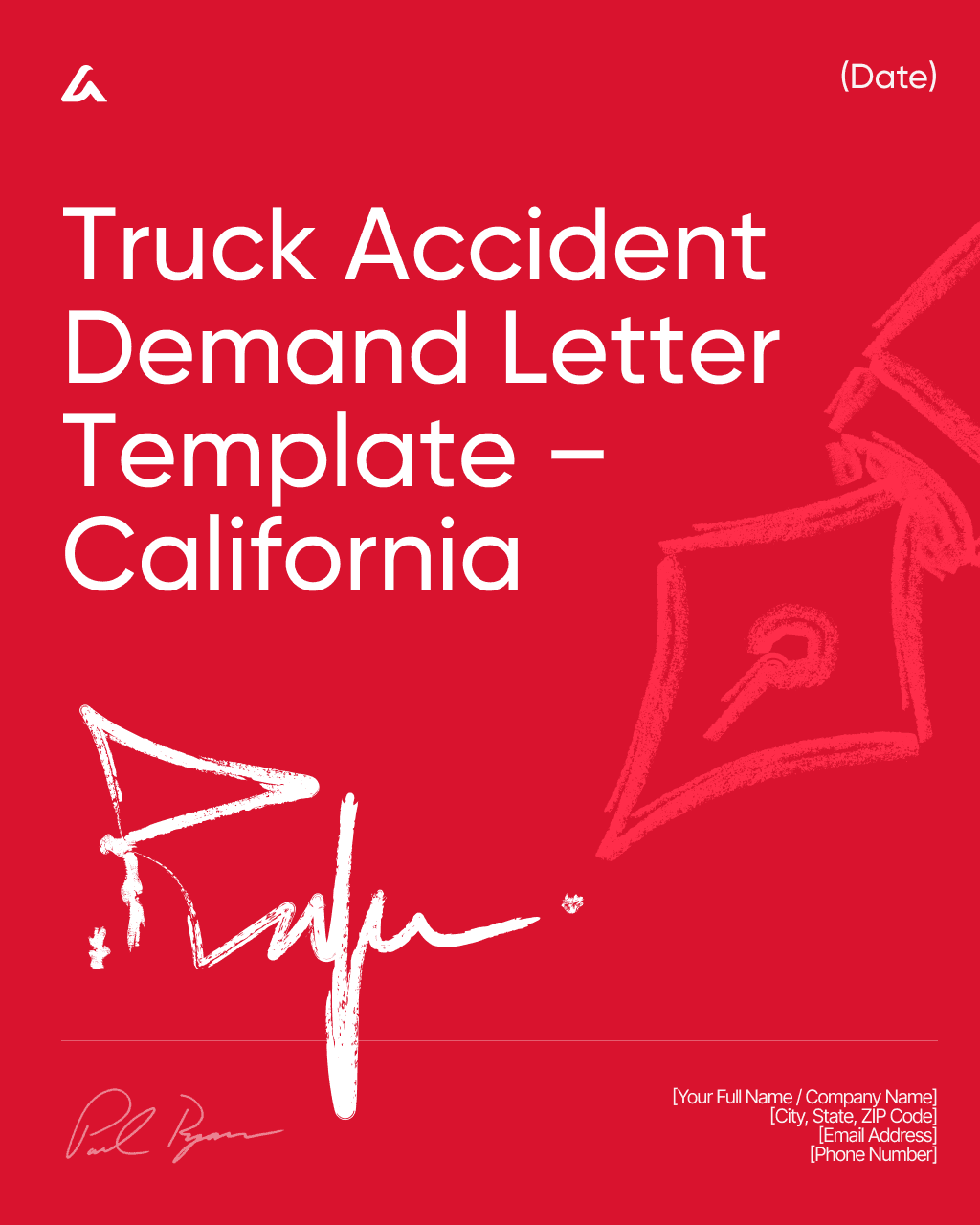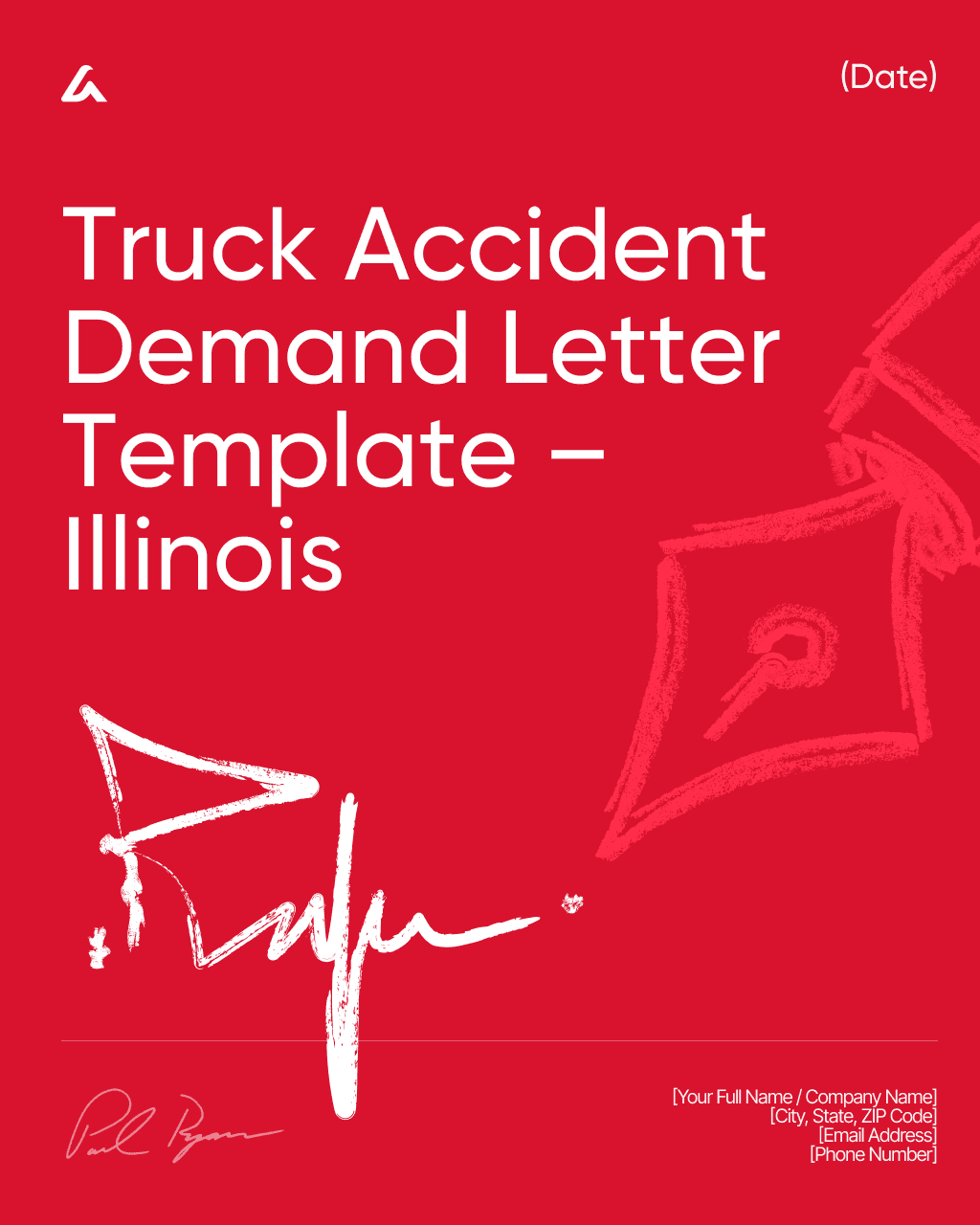Free template
Demand for Payment Template: Past Due Amounts & Deadlines Florida
Download template
Demand for Payment
From (Creditor):
Name/Company: [Creditor Name]
Address: [Creditor Address]
Email: [Creditor Email]
Phone: [Creditor Phone]
To (Debtor):
Name/Company: [Debtor Name]
Address: [Debtor Address]
Email: [Debtor Email]
Phone: [Debtor Phone]
1. Account & Subject
Subject: Demand for Payment – Overdue Account #[Account No.]
2. Amount & Components
Principal: $[Amount]
Late fees (if applicable): $[Amount]
Credits: $[Amount]
Total Due: $[Total Amount]
3. Deadline & Method
Please pay by [Final Payment Date] via [Payment Methods]. Include the invoice number with your payment.
4. Prior Attempts
We have attempted contact on [Dates]. This notice serves as a final attempt to resolve the balance informally.
5. Dispute & Support
If you dispute any portion, send written details and supporting records within [X] days for review.
6. Consequences
If unpaid by the deadline, we may consider collections, formal proceedings, or other appropriate steps.
7. Settlement Option
We may entertain a reasonable lump‑sum settlement proposal if made before the deadline.
8. Contact
Questions? Contact [Contact Person], [Email/Phone]. Reference #[Account No.].
Sincerely,
Signature: __________________________
Printed Name: [Signer Name]
Title/Position: [Title]
Date: [Date]
Flash deal
Flash deal
Today
Today
No time to fill it up? Generate your custom agreement with AI Lawyer in seconds
What’s Included
Legal Research
Legal Research
Legal Research
Contract Drafting
Contract Drafting
Contract Drafting
Document Review
Document Review
Document Review
Risk Analytics
Risk Analytics
Risk Analytics
Citation Verification
Citation Verification
Citation Verification
Easy-to-understand jargon
Easy-to-understand jargon
Easy-to-understand jargon
Details
Learn more about
Demand for Payment Template: Past Due Amounts & Deadlines Florida
Click below for detailed info on the template.
For quick answers, scroll below to see the FAQ.
Click below for detailed info on the template.
For quick answers, scroll below to see the FAQ.
Florida Demand for Payment FAQ
What is a Demand for Payment?
A Demand for Payment is a formal written notice from a creditor to a debtor requesting payment of an overdue amount. It states how much is owed, why the debt exists, and sets a clear deadline for payment before further action is taken.
This document serves as a final reminder before legal or collection steps begin and shows that the creditor made a good-faith effort to resolve the matter. A Demand for Payment also creates a written record that can be used as evidence if the case goes to court.
When to use a Demand for Payment?
A Demand for Payment should be used when someone fails to pay money they legally owe after previous reminders or invoices. It’s often the last step before legal action, giving the debtor a final opportunity to settle the debt voluntarily.
You can use a Demand for Payment for unpaid invoices, loans, rent, services, or damages — anytime you want to formally document your request and show that you’ve acted in good faith before going to court or collections.
What should be included in a Demand for Payment?
A Demand for Payment should include all key details to make the request clear and legally sound. At minimum, it should contain:
Names and contact information of both the creditor and debtor.
Total amount owed and the reason for the debt (such as unpaid rent, invoice, or loan).
Due date for payment and a specific deadline for response.
Payment instructions, including accepted methods and where to send payment.
Reference to the original agreement or invoice, if applicable.
Statement of consequences if payment is not made, such as legal action or added fees.
Signature and date, confirming the demand is official.
Keeping the tone professional but firm helps ensure the letter is taken seriously while maintaining a record of good-faith communication.
What happens if the debtor ignores a Demand for Payment?
If the debtor ignores a Demand for Payment, the creditor may take further legal or collection actions. This can include filing a small claims or civil lawsuit, reporting the unpaid debt to collections, or seeking other legal remedies depending on the amount owed and the type of debt.
Sending a written Demand for Payment first shows that the creditor made a good-faith effort to resolve the issue before going to court — which can strengthen their case if legal action becomes necessary.
How many times should I send a Demand for Payment before taking legal action?
There’s no legal requirement to send more than one Demand for Payment. In many cases, one clear, well-documented demand is enough to show you made a good-faith effort to resolve the issue. However, some people choose to send a second and final notice if the first one is ignored — especially if they want to show the court they gave the debtor a fair chance to pay.
Ultimately, if the deadline in your Demand for Payment passes and you still receive no response or payment, you are generally within your rights to move forward with legal action such as small claims court or involving an attorney.
Similar templates
Other templates from
Letters and Notices Templates
Money back guarantee
Free trial
Cancel anytime
AI Lawyer protects
your rights and wallet
Money back guarantee
Free trial
Cancel anytime
AI Lawyer protects
your rights and wallet
Money back guarantee
Free trial
Cancel anytime
AI Lawyer protects
your rights and wallet
Money back guarantee
Free trial
Cancel anytime

























































































































